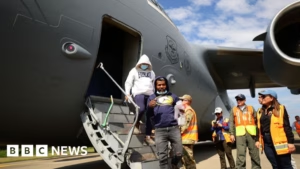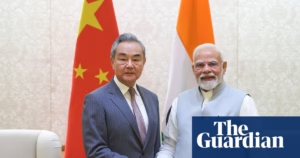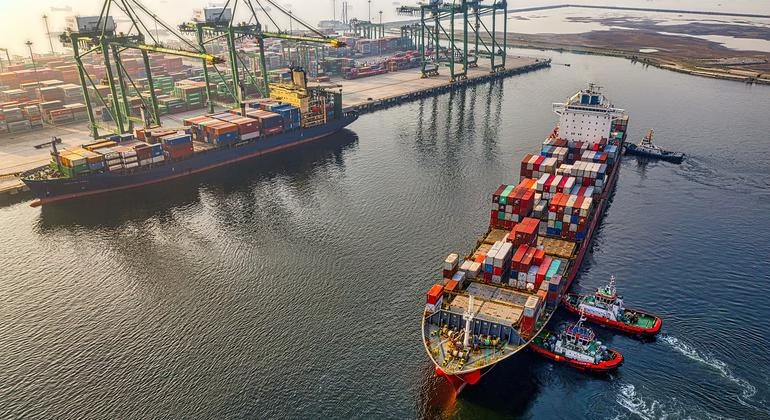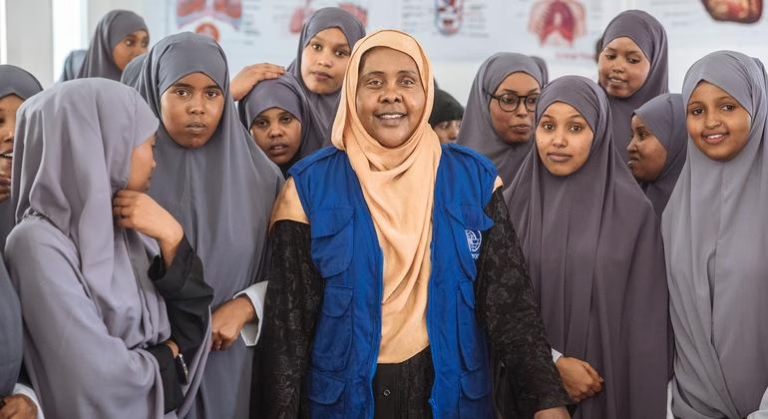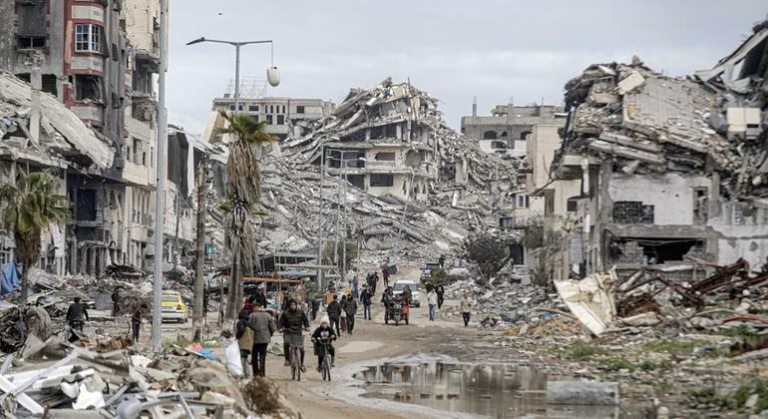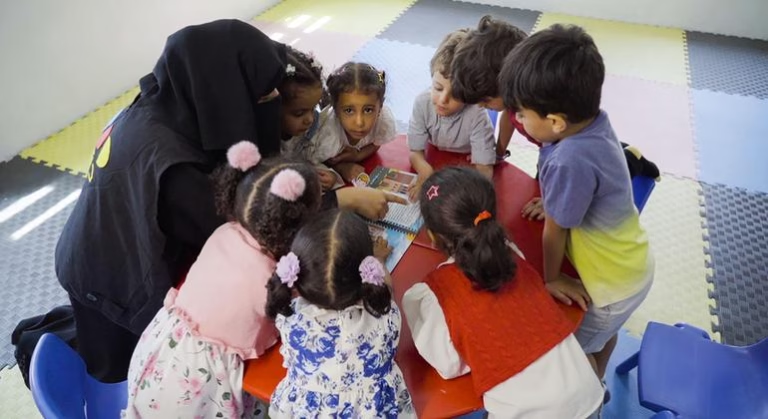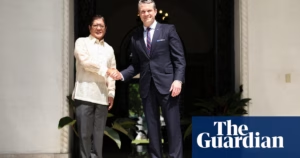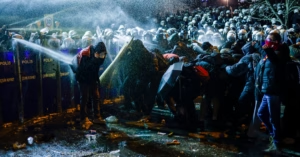Every month, the United Nations trade and development agency, UNCTAD, provides updates on global trade. In its March report, it focuses on tariffs, revealing that although global trade hit a record $33 trillion last year, the outlook for 2025 remains uncertain. Increasing tensions, protectionist policies, and trade disputes suggest potential disruptions in the coming months.
Luz Maria de la Mora, the Director of the International Trade Division at UNCTAD, oversees the production of the Global Trade Updates. Before her current role, she was part of Mexico’s team that negotiated the North American Free Trade Agreement (NAFTA) in 1992, a deal still debated today.
De la Mora explains that tariffs, essentially a tax on imports, have been part of the international trading system for nearly eight decades, starting with the General Agreement on Tariffs and Trade (GATT) in 1948, succeeded by the World Trade Organization (WTO) in 1995. These organizations established rules that provided certainty to producers, investors, and exporters, ensuring that tariffs wouldn’t change annually.
Developing countries often impose the highest tariffs to protect their industries, foster domestic growth, and as a source of revenue for the government. However, this protection can lead to higher production costs and reduced competition, affecting consumers.
Regarding NAFTA, de la Mora emphasizes that it was a bold experiment that eliminated almost all tariffs between the U.S., Canada, and Mexico. It transformed Mexico’s economy, attracting investment and creating jobs, making Mexico the fourth-largest automotive producer worldwide. Despite criticisms that it cost jobs in certain sectors, de la Mora argues that on a larger scale, NAFTA created more opportunities, though she acknowledges the need for training and support for affected workers.
In light of questioned international trade agreements, de la Mora notes that governments like the U.S., the EU, and China often impose tariffs or measures outside their WTO commitments, creating uncertainty and unease in the private sector. She emphasizes the importance of maintaining multilateralism to avoid slowing investment and economic growth.
Developing countries, reliant on exports, would be the most affected by a slowdown in the global economy. They need a stable international trading system that ensures predictable rules and supports their growth and survival.
Source: https://news.un.org/feed/view/en/story/2025/03/1161576
